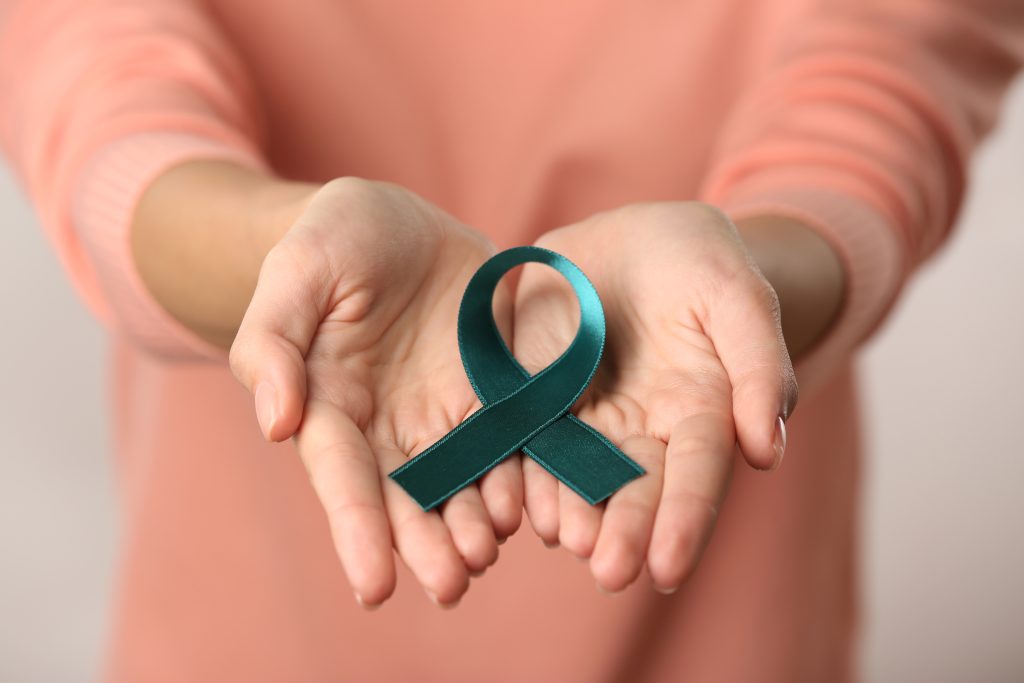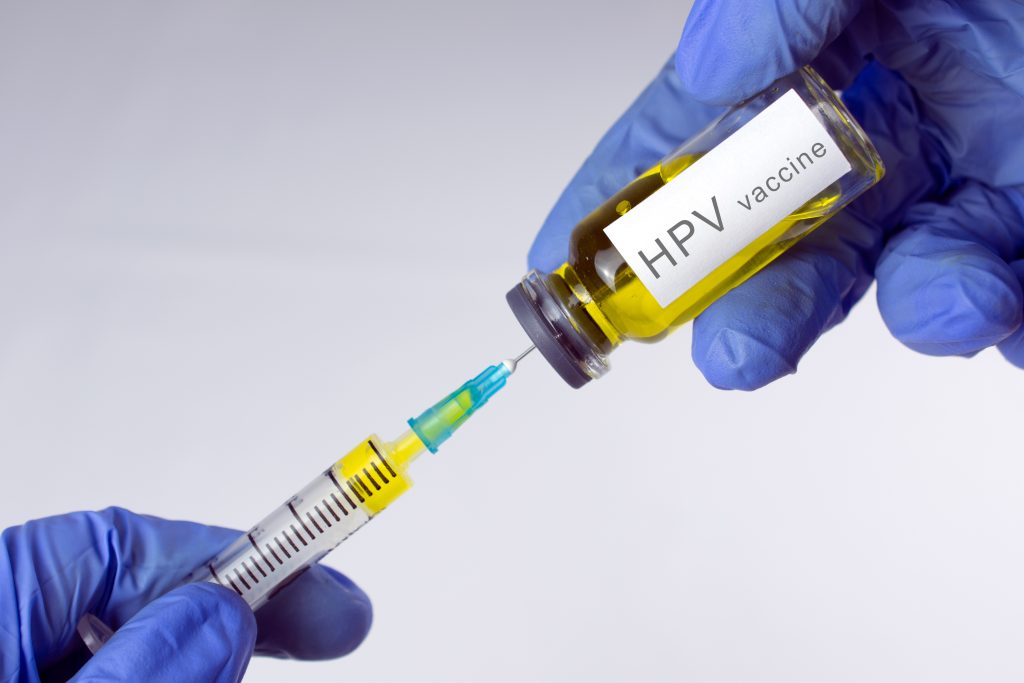Effectiveness Of HPV Vaccine Against Cervical Cancer
Sexually transmitted HPV is responsible for over 95% of cervical cancer, the fourth most common type of cancer affecting women.
Recent evidence points out that a single dose schedule of the HPV vaccine offers effective results similar to a three- or two-dose program. The WHO SAGE convened to review the evidence between the 4th and 7th of April 2022.

SAGE’s review established that a single dose HPV vaccine offers reliable protection against HPV, reducing a woman’s cervical cancer risk. Cervical cancer is preventable but is referred to as the silent killer propagated by the inequity of access. SAGE recommended improving access to the HPV vaccine in poor and developed countries, where there is a disproportionally higher prevalence of cervical cancer.
According to SAGE’s chair, Dr. Alejandro Cravioto, the HPV vaccine prevents HPV serotypes 16 and 18. All countries should introduce HPV vaccines and give precedence to multi-age cohorts to ensure that girls and women are vaccinated. Elsewhere, WHO Assistant Director-General Dr. Princess Nothemba Simelela believes we can eliminate cervical cancer altogether.

Challenges limiting access to HPV vaccines include supply challenges, high costs of the doses, and access to women not part of childhood vaccination programs. Countries can utilize the 2020 Cervical Cancer Elimination Initiative to eliminate inequity in vaccine access.
Dr. Simelela recommends political commitment accompanied by unbiased pathways for the accessibility to HPV vaccines and improving the safety of women at high risk of cervical cancer. The single-dose vaccine option is affordable, easy to administer, less resource-intensive, and allows for redirecting resources towards other health priorities.
